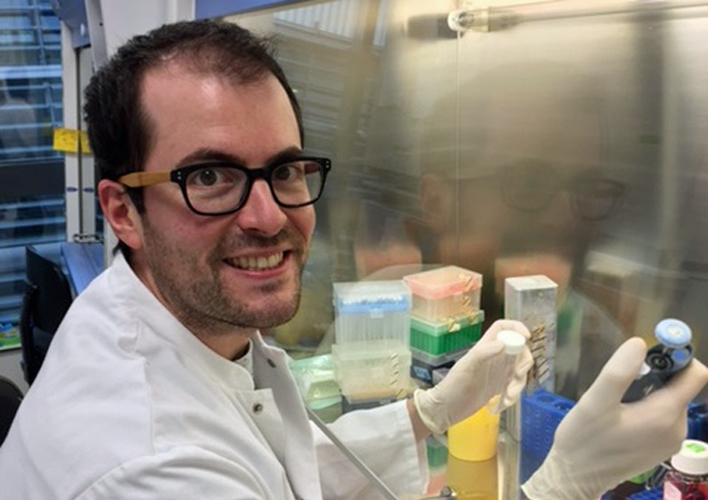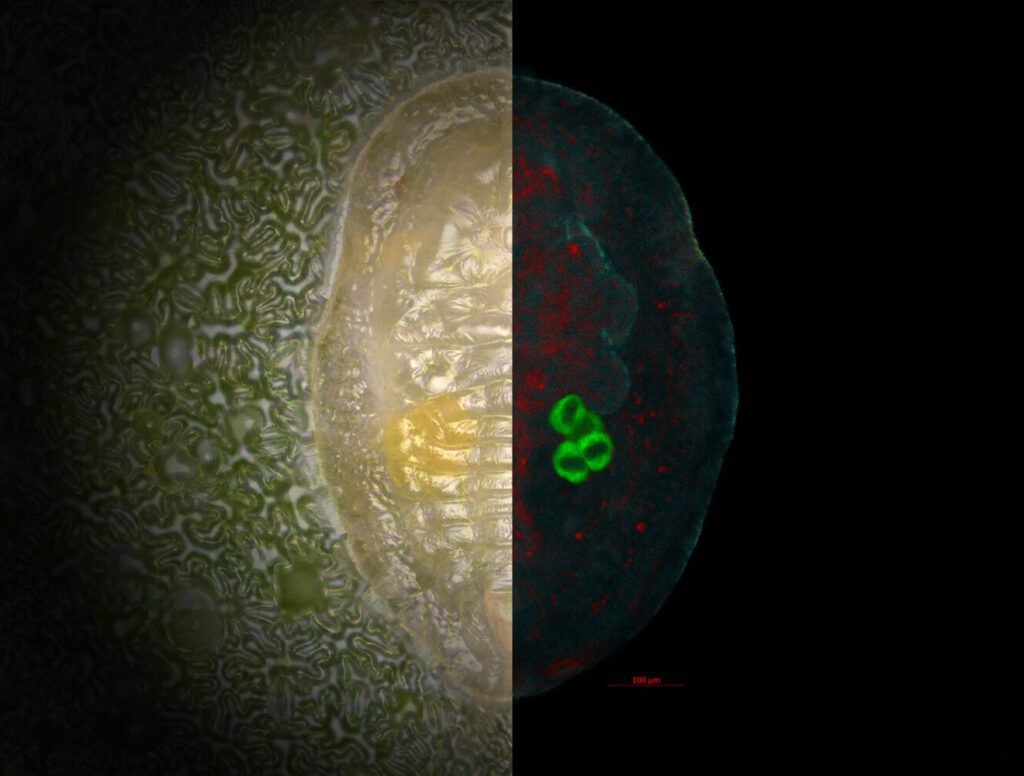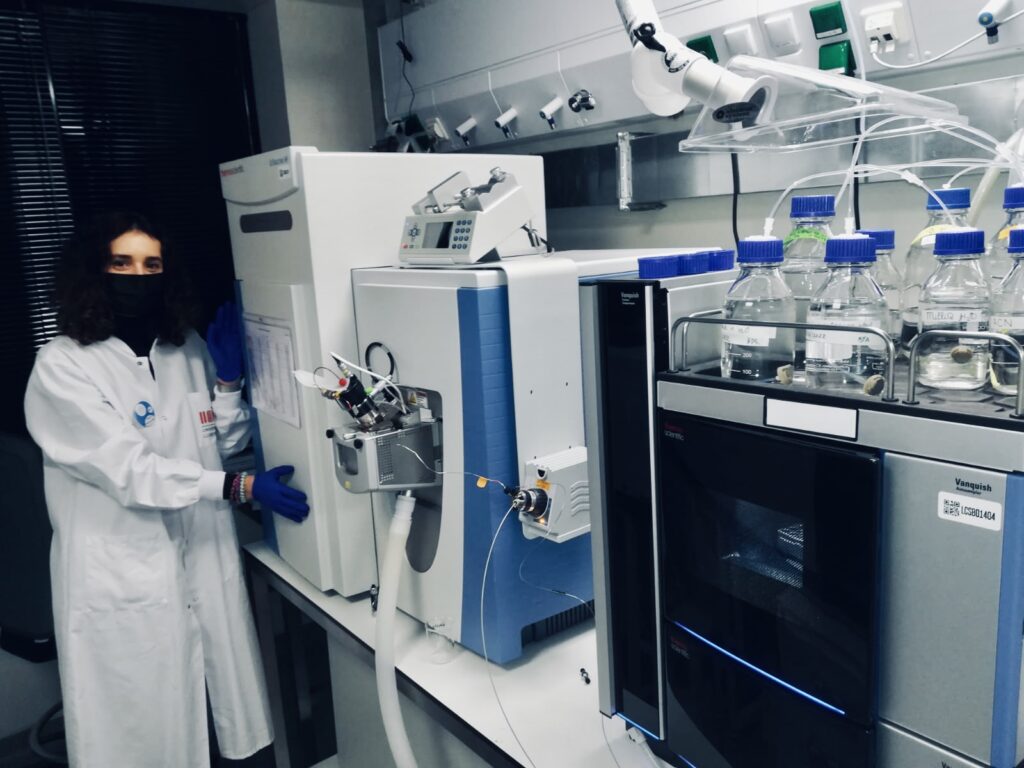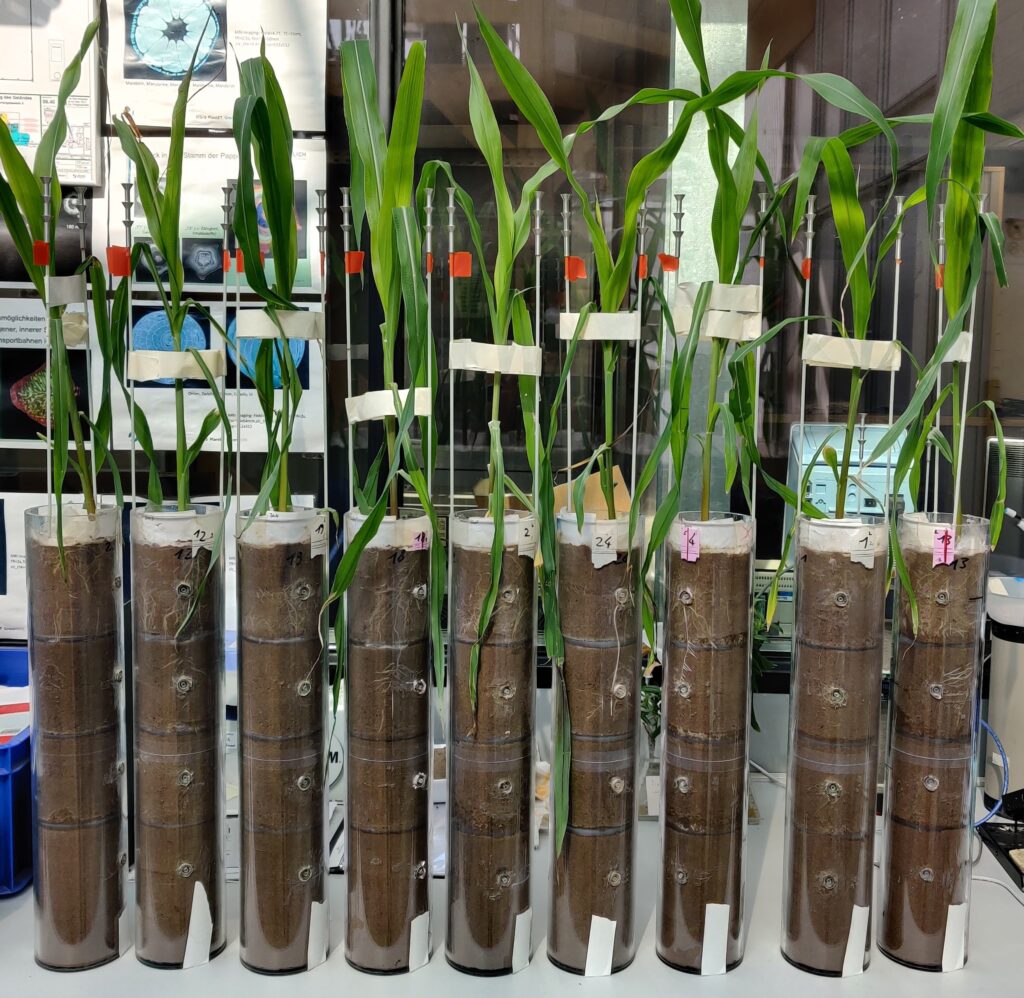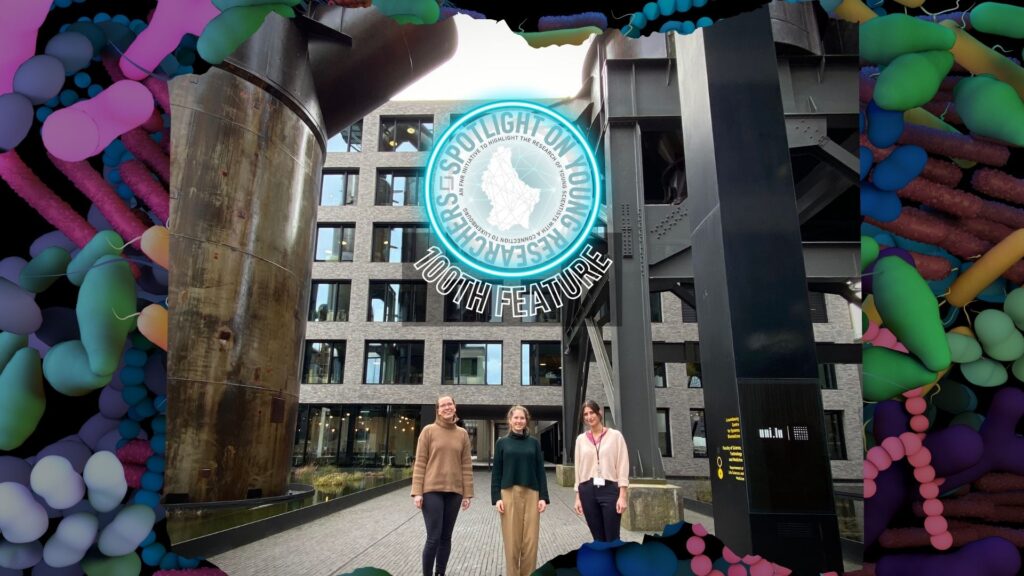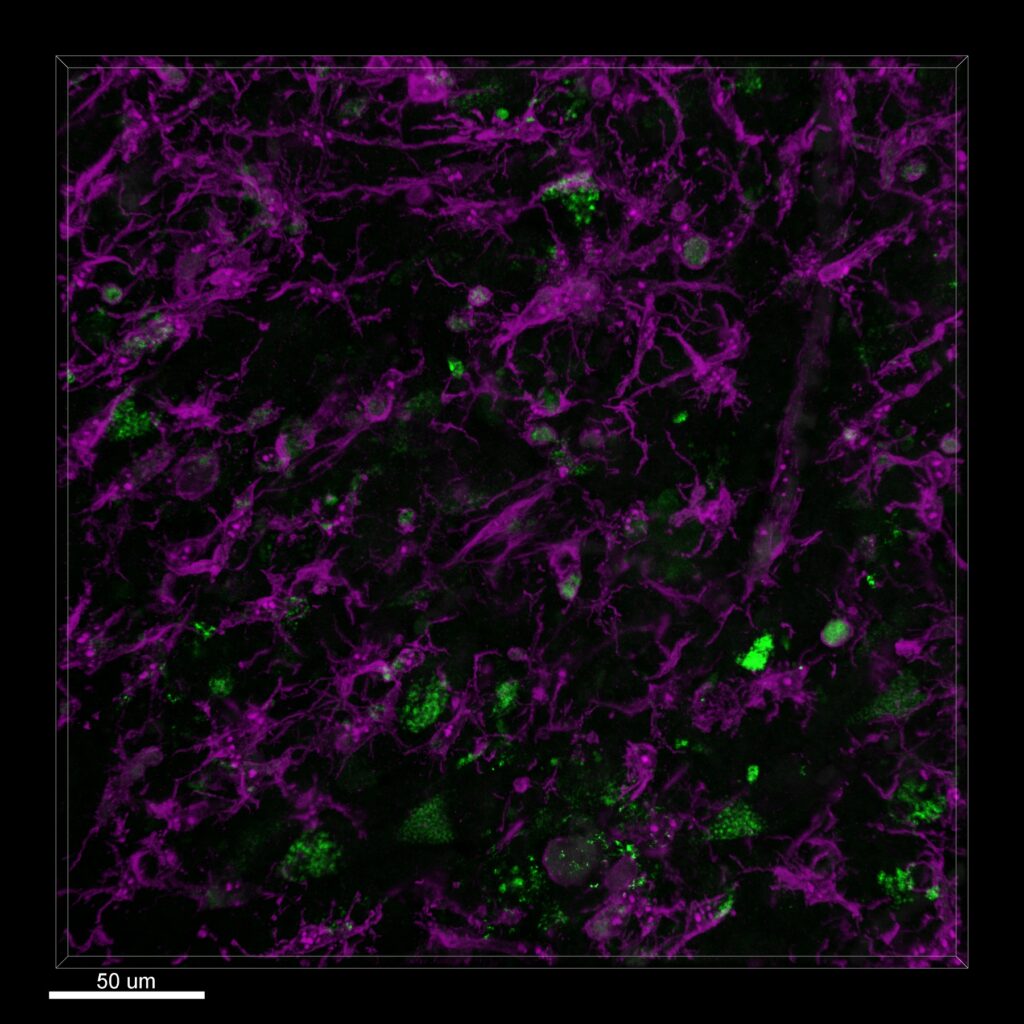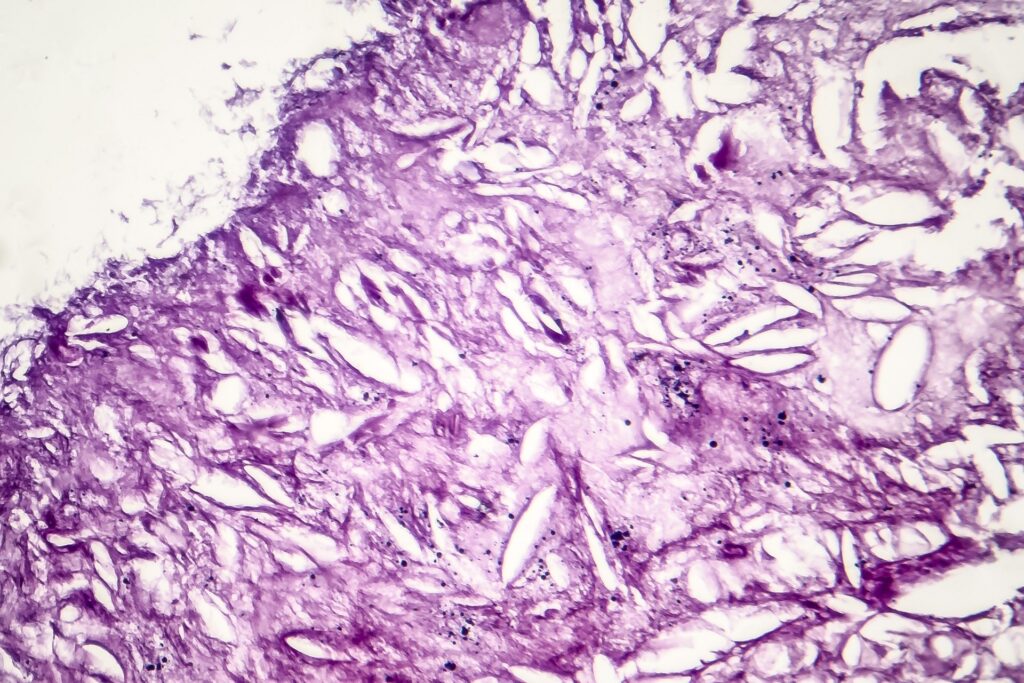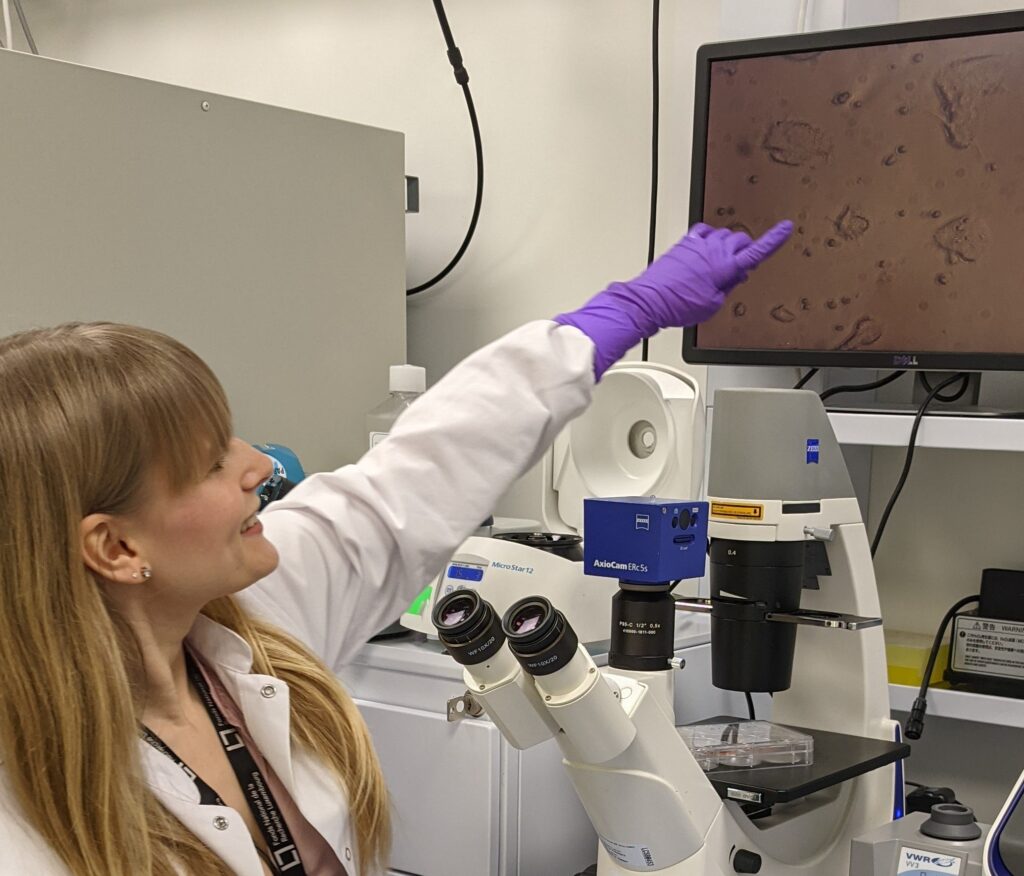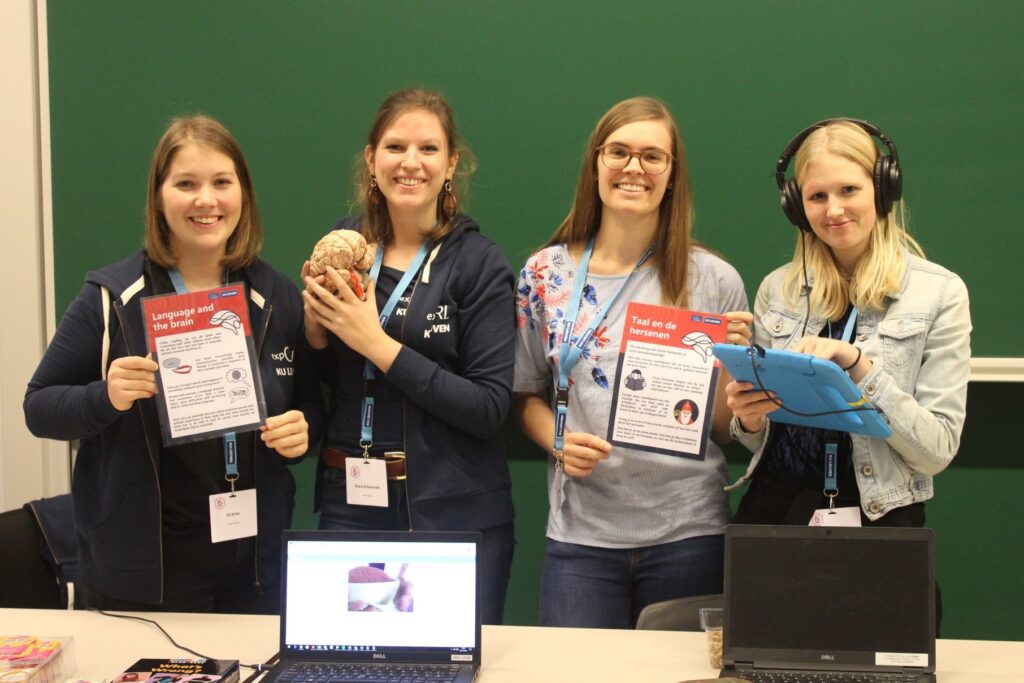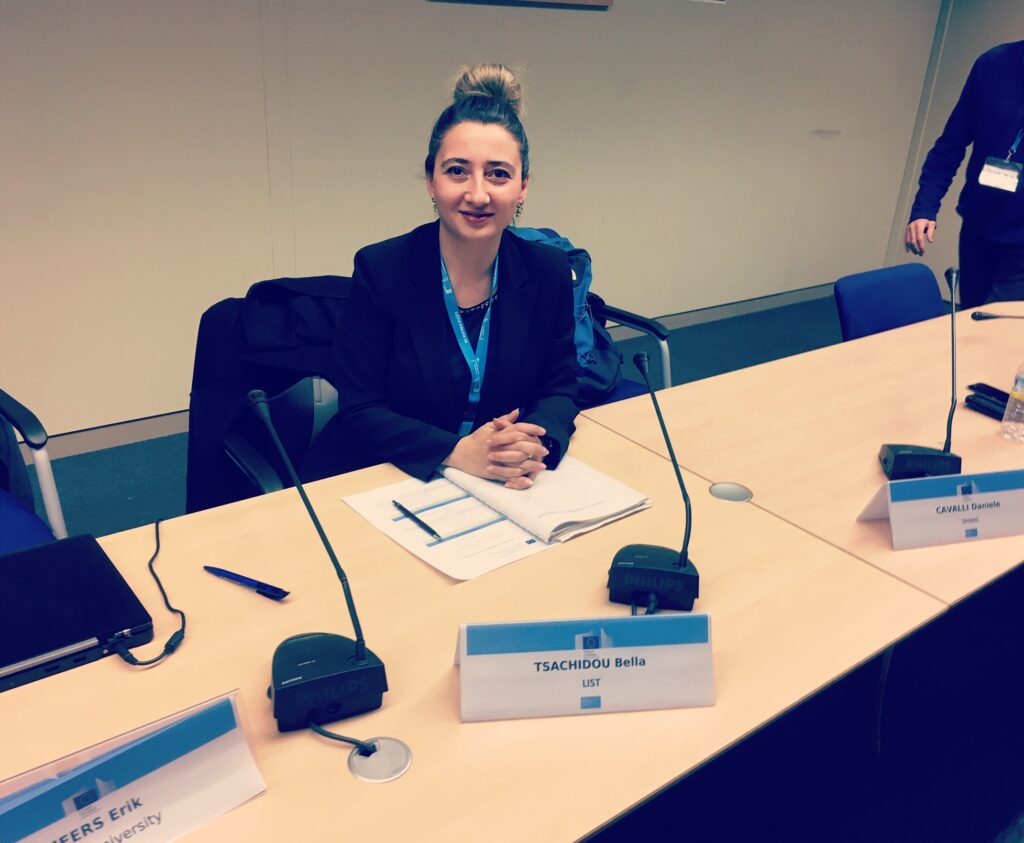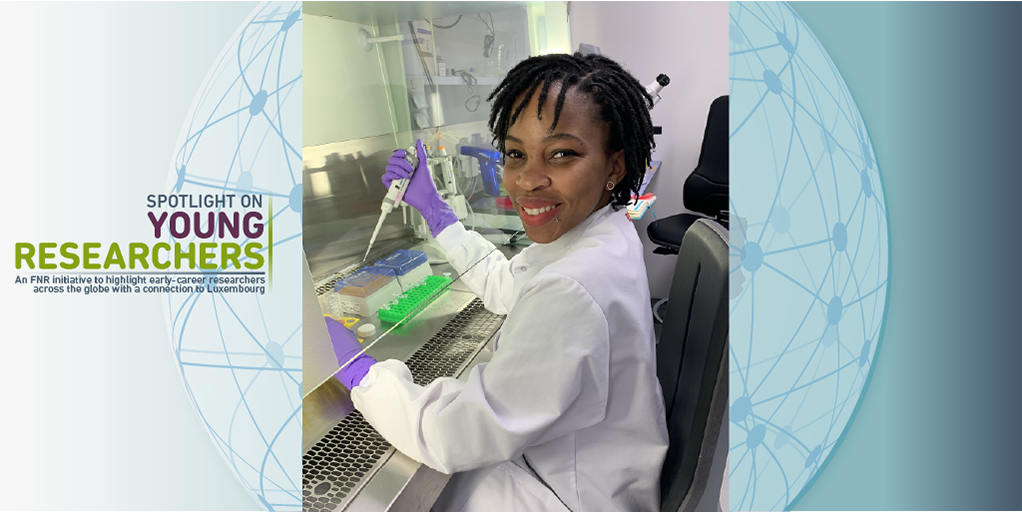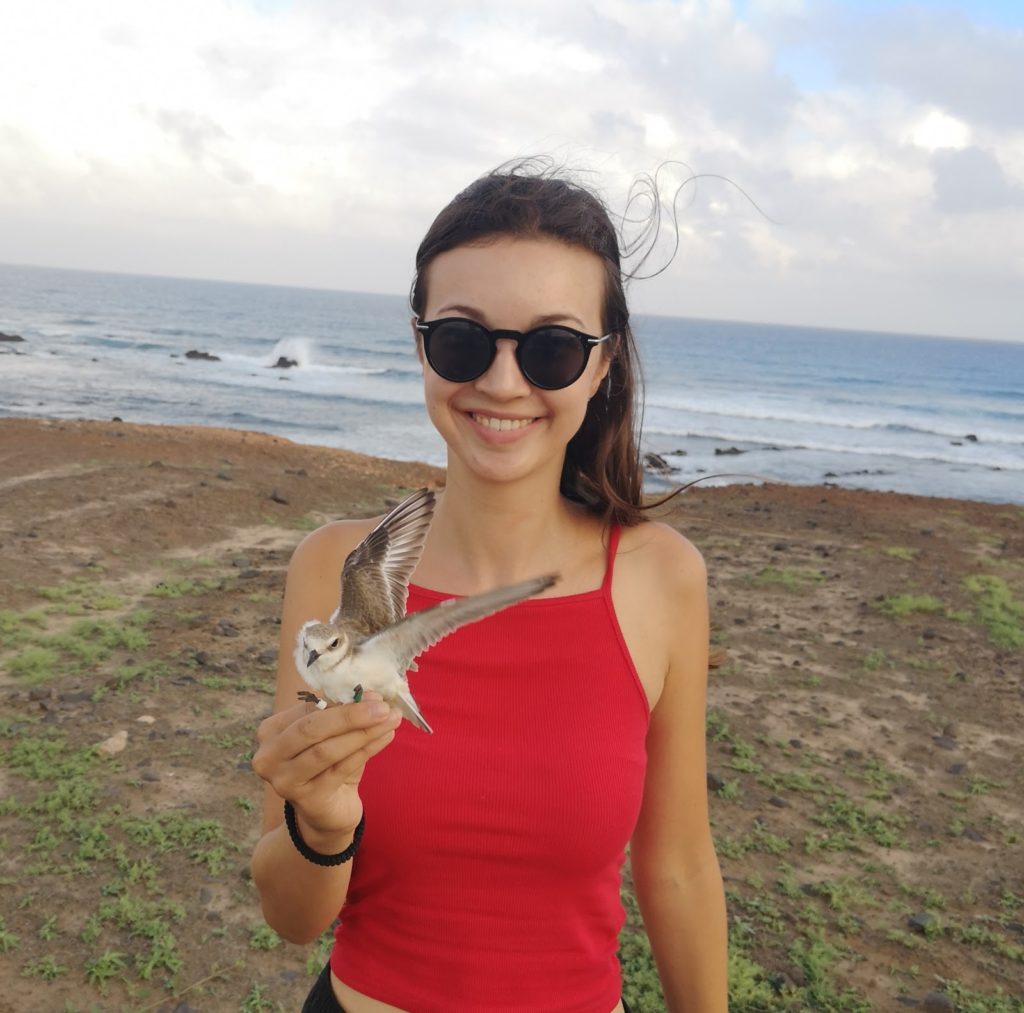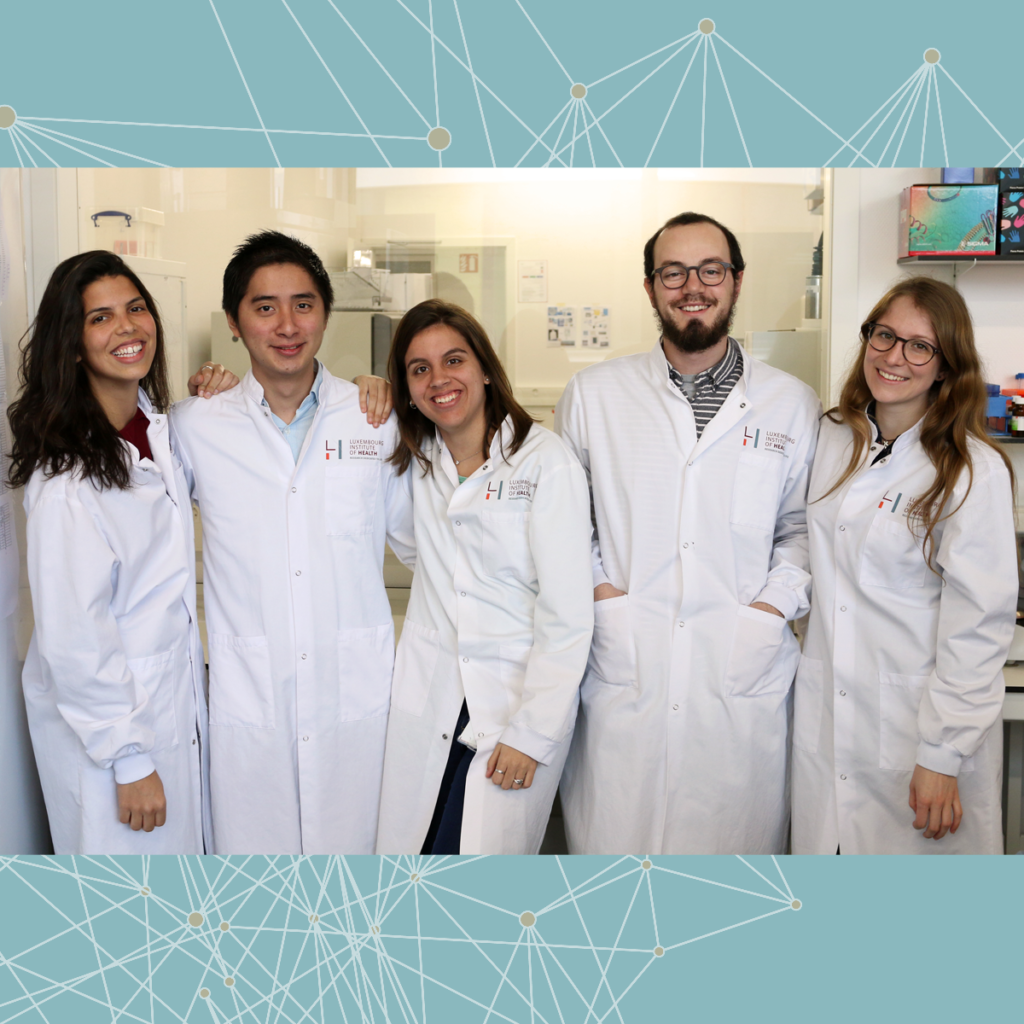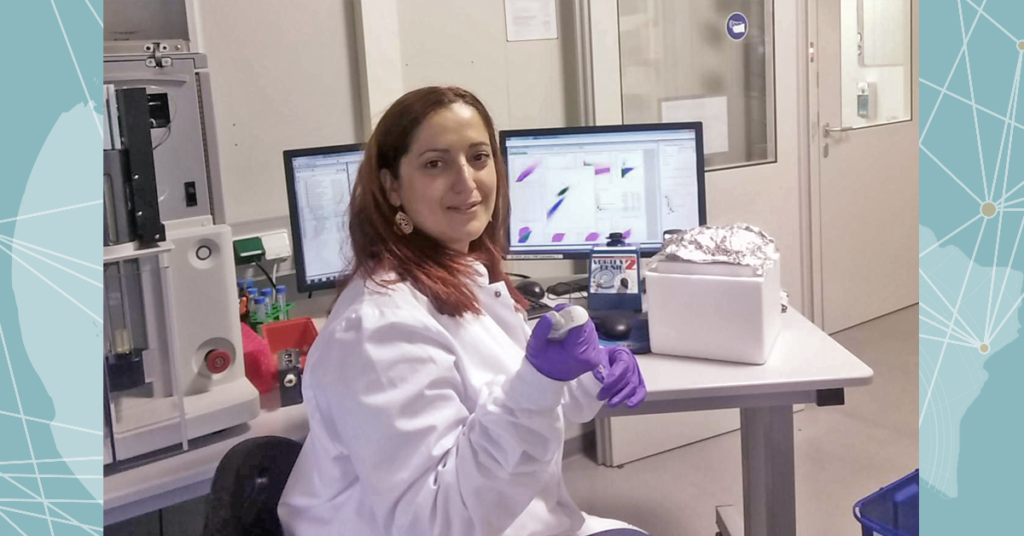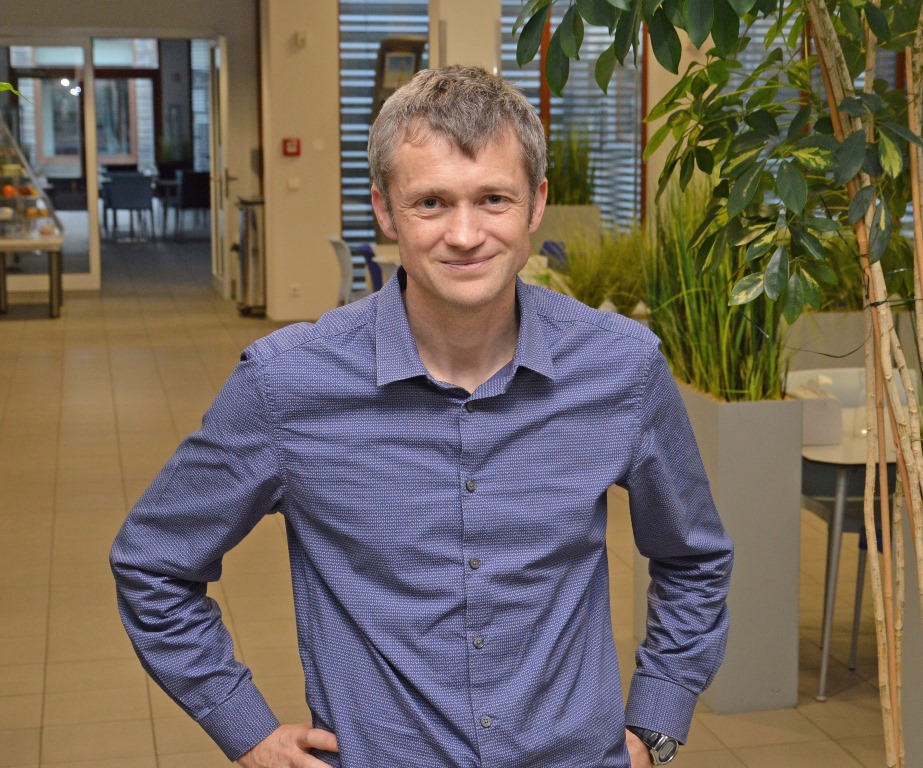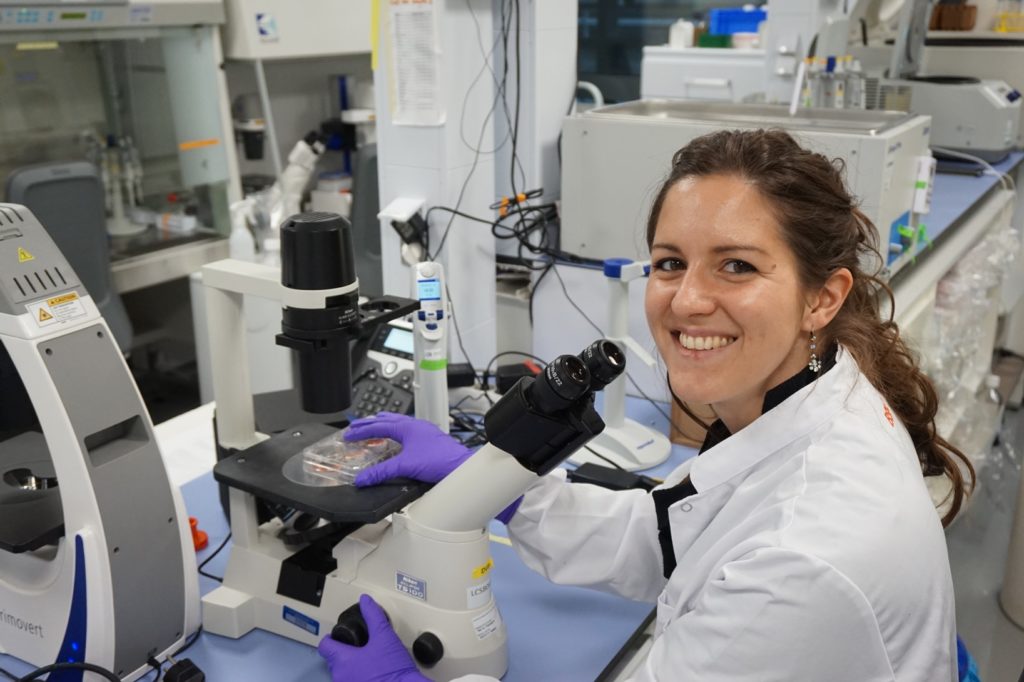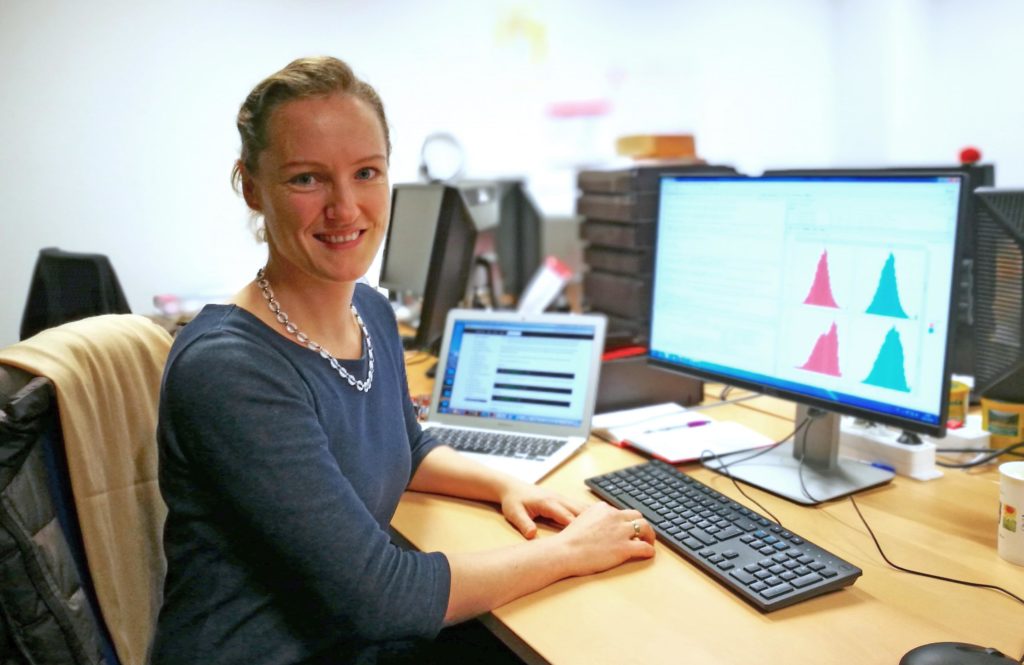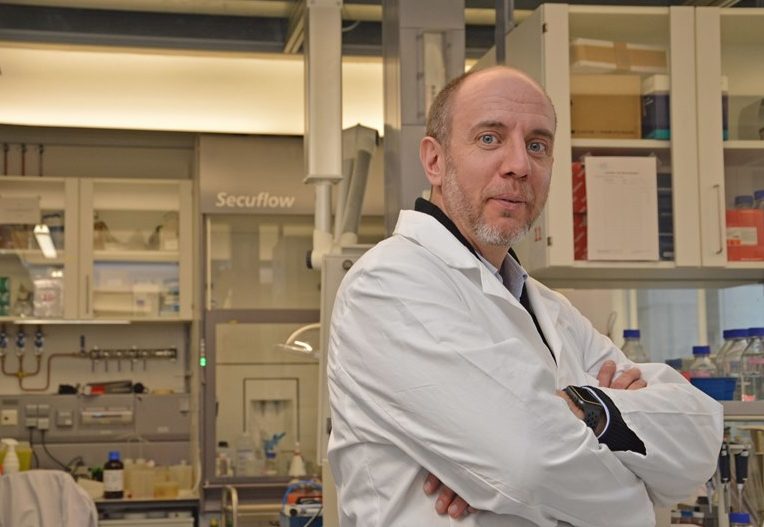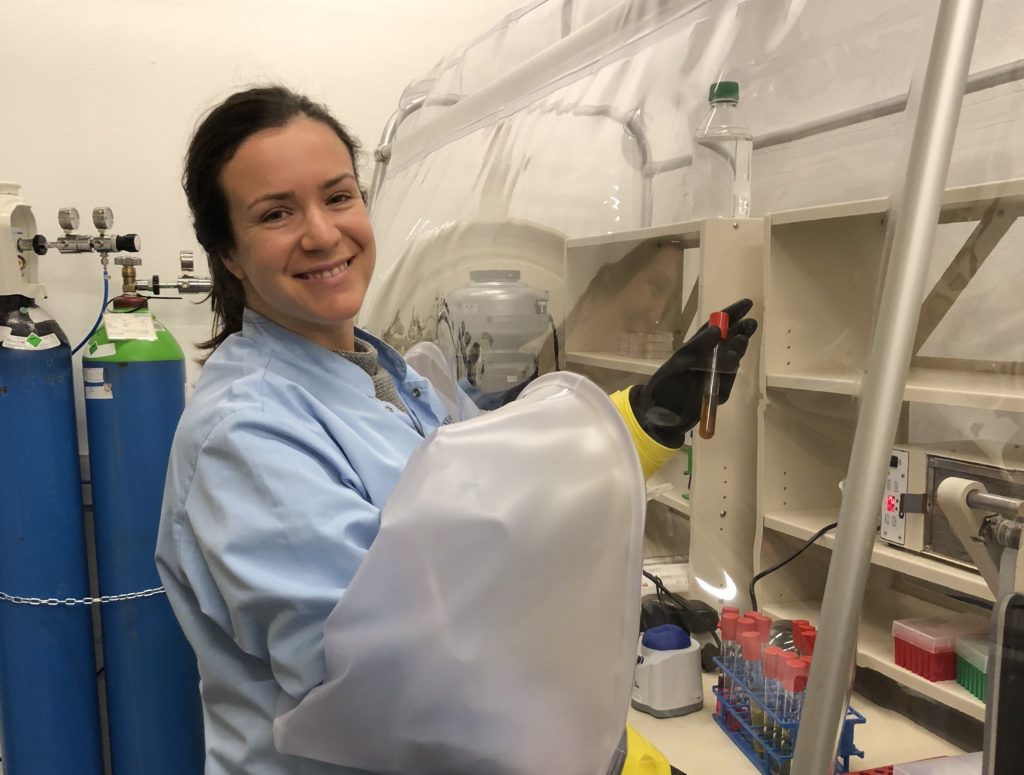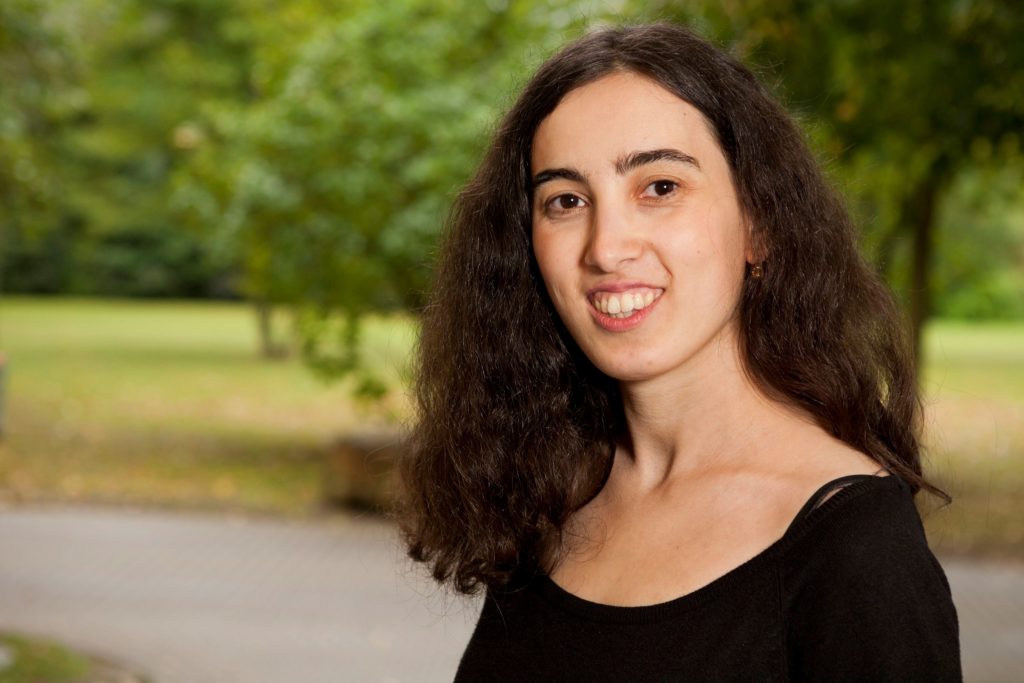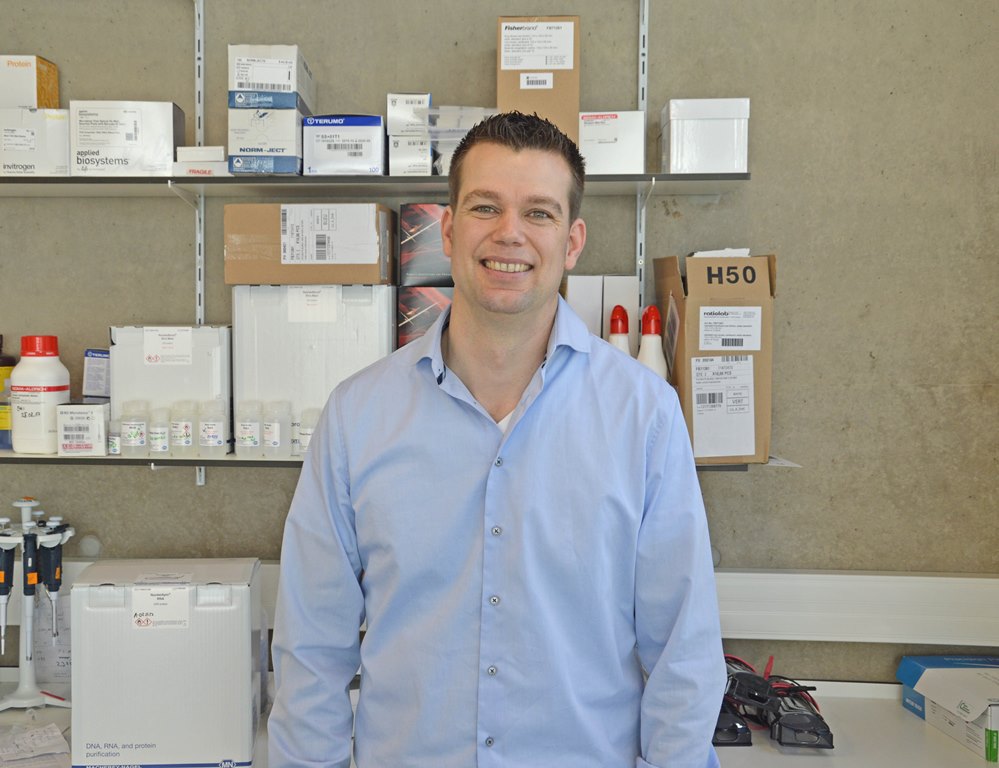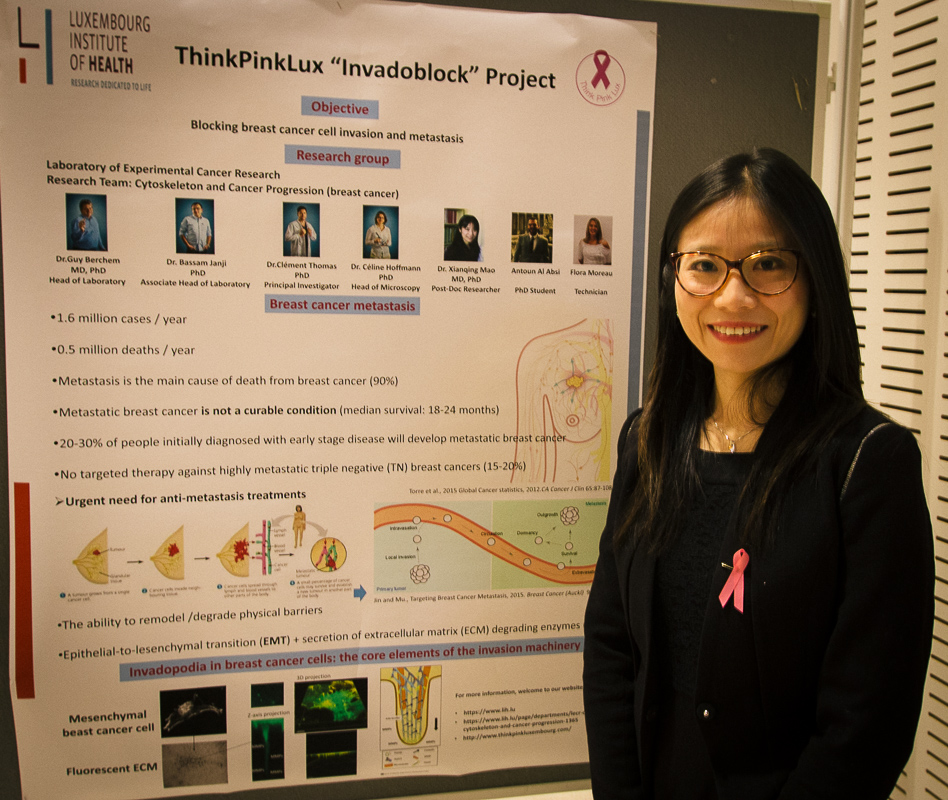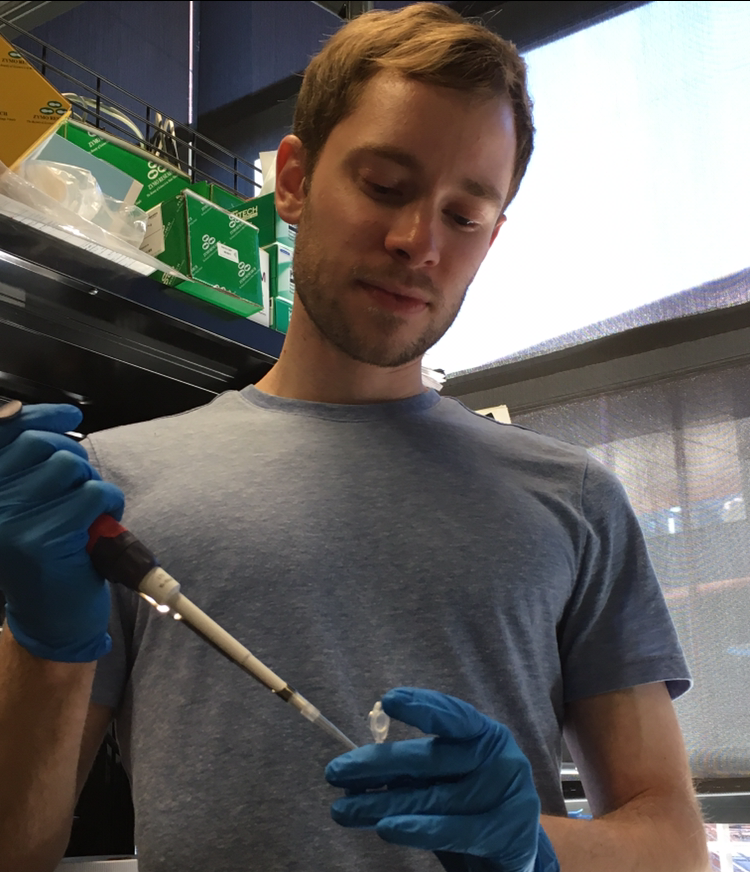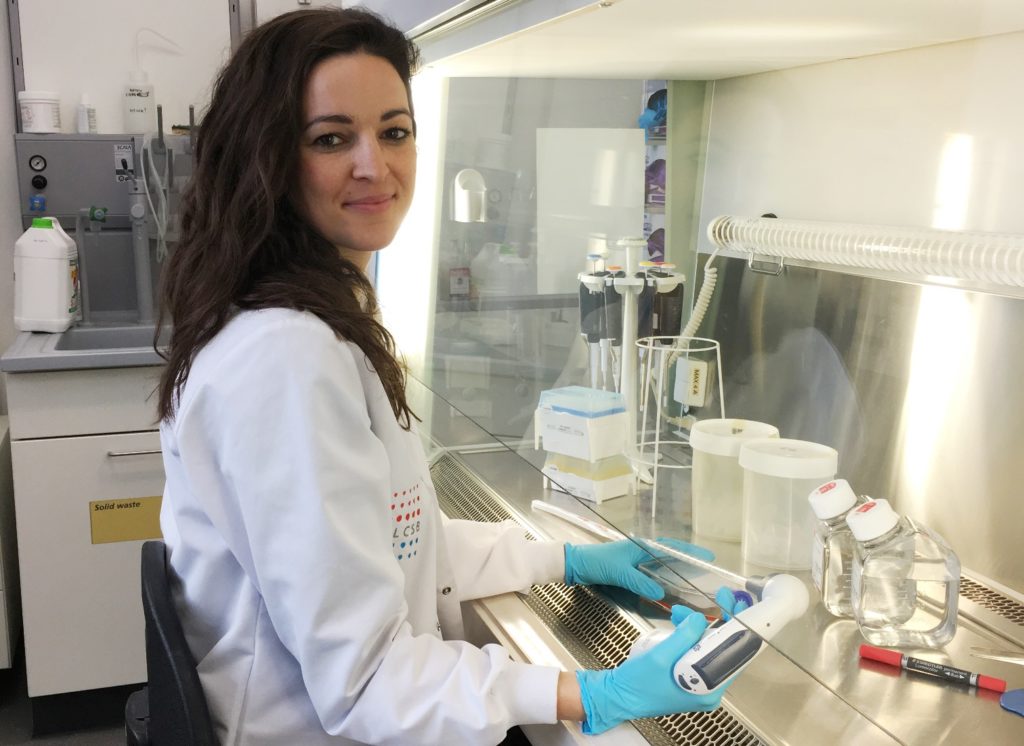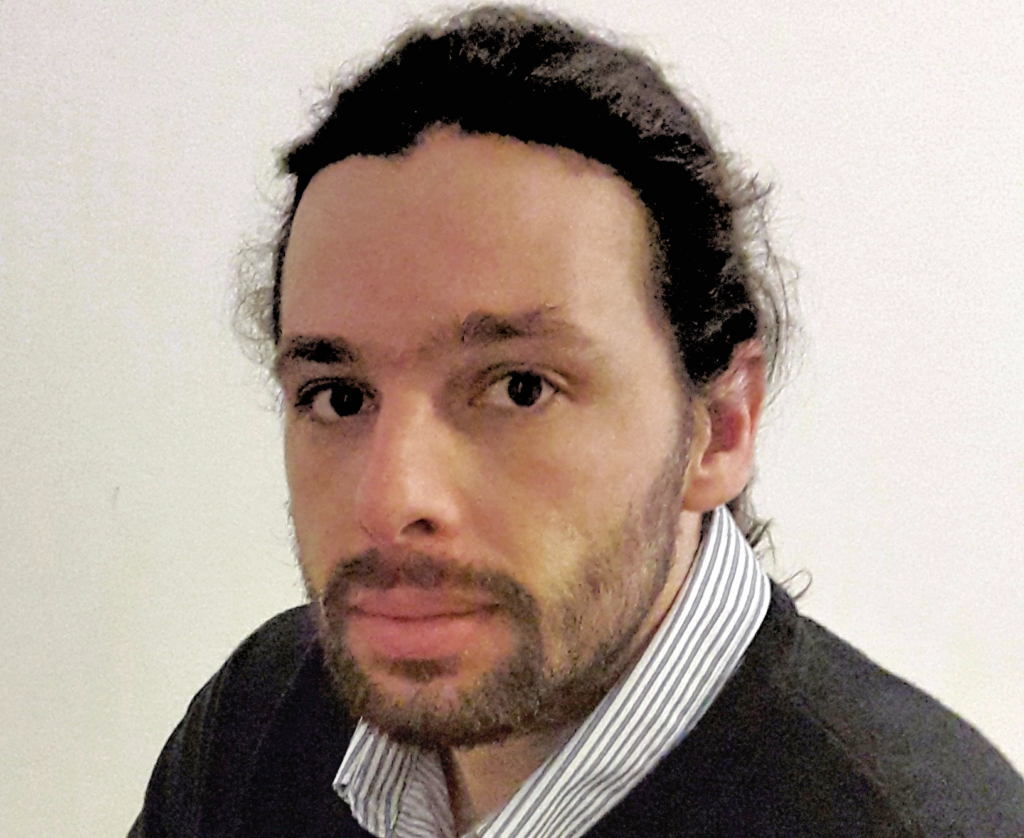Researchers at the University of Luxembourg have discovered a molecular mechanism that is responsible for the spread of cancer cells in the body and the development of metastases in patients with colon cancer. Their findings, published in ‘Cancer Research’, could help to develop treatments that inhibit tumor growth.
Colorectal cancer (CRC) is among the most prevalent cancer types worldwide, with an estimated 1.3 million new cases and almost 700.000 deaths per year. The vast majority of CRC-related deaths can be attributed to metastatic spreading of the disease. Therefore, it is of utmost clinical relevance to understand the biology that underlies cancer progression and metastasis initiation.
The scientists from the Molecular Disease Mechanisms (MDM) group at the University of Luxembourg compared cancer cells derived from primary, i.e. initial, tumors to metastatic cells from the same patient. The researchers found that a group of small molecules, namely the miR-371~373 cluster, is responsible for the regulation of colon cancer metastasis.
Solving a piece of the puzzle
In an interdisciplinary approach, combining experimental and computational analyses, the research team observed that the miR-371~373 cluster is deactivated in a specific population of very aggressive, fast-growing cancer cells. After the scientists reactivated the cluster in a complex series of experiments, the growth of the metastatic cells slowed down significantly.
“Cancer is a really complex disease. While our results are just one piece of the puzzle, they clearly contribute to a better understanding of tumor initiation and metastasis and might be an important first step for the development of novel therapeutic strategies,” said Dr. Pit Ullmann, AFR PhD and lead author of the study that was published in the prestigious journal Cancer Research.
Collaborative effort
Together with national and international collaborators from the RWTH University Hospital Aachen, the Integrated BioBank of Luxembourg (IBBL), the Centre d’Investigation et d’Épidémiologie Clinique (CIEC), the Laboratoire National de Santé (LNS), and several hospitals around the country, especially the Centre Hospitalier Emile Mayrisch (CHEM), the researchers were able to validate their results in patient samples from a large Luxembourgish colon cancer collection.
“This kind of study is only possible if several groups with different expertise collaborate. Our partners have been very important throughout the project in order to assess the clinical relevance of our findings in colorectal cancer patients,” commented Dr. Elisabeth Letellier, principal investigator of the study.
“Competitive cancer research heavily relies on state-of-the-art techniques and the availability of high quality patient samples. The concerted effort of different groups, the interdisciplinary approach, and especially the financial support by the FNR, the Fondation Cancer, and other funding institutions were crucial for the successful completion of this project,” said Prof. Serge Haan, the head of the MDM group.
The large study was supported by the FNR’s CORE and AFR programme, as well as the Fondation Cancer.
Link to publication ‘The miR-371∼373 Cluster Represses Colon Cancer Initiation and Metastatic Colonization by Inhibiting the TGFBR2/ID1 Signaling Axis’: DOI: 10.1158/0008-5472.CAN-17-3003
See also
RELATED PROGRAMMES

